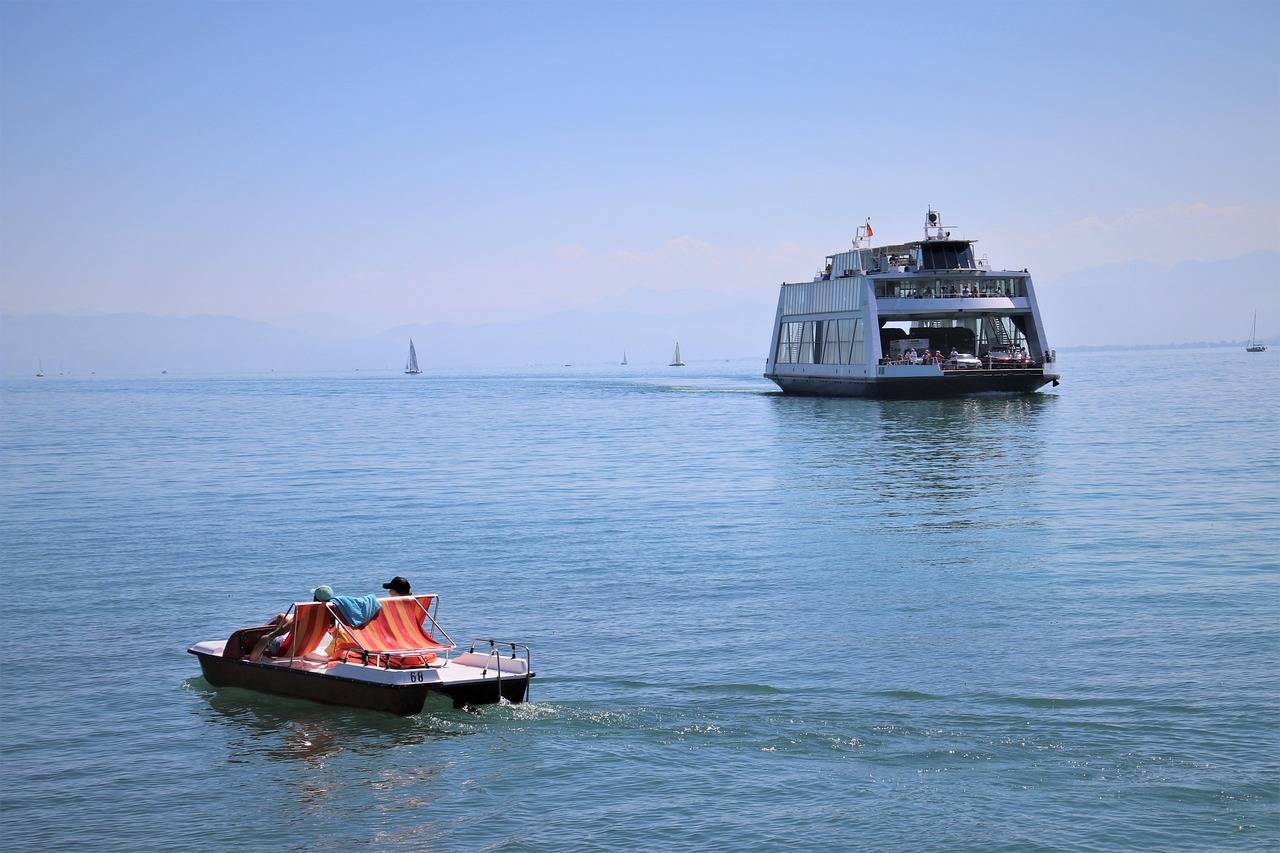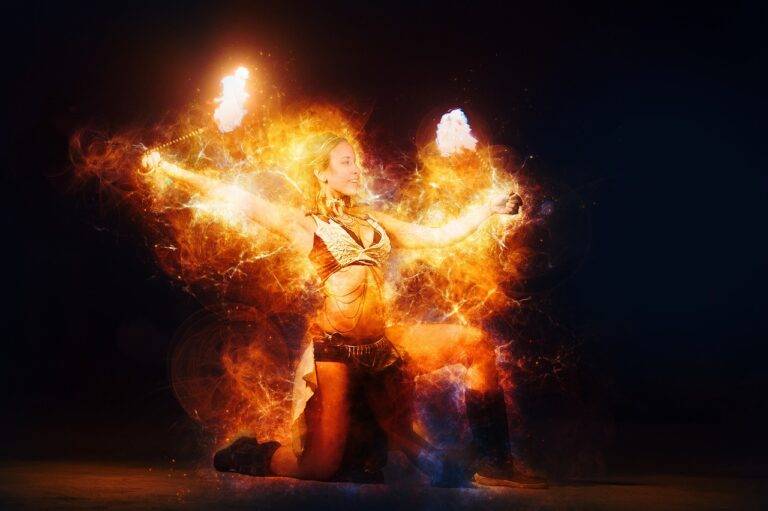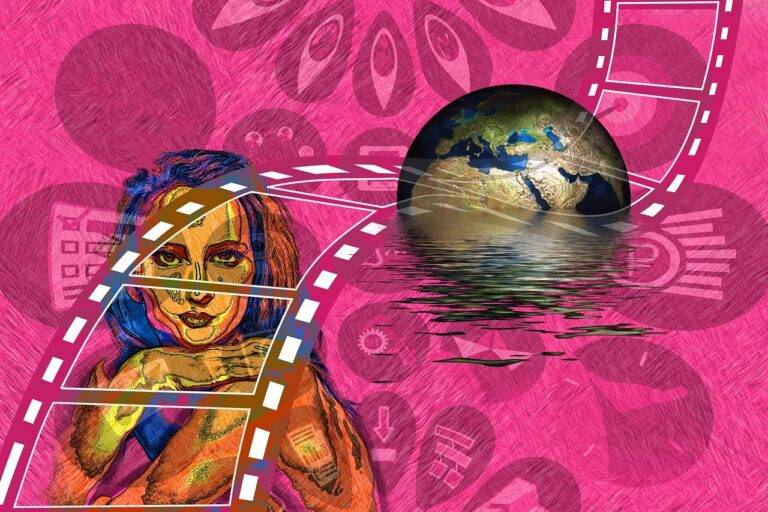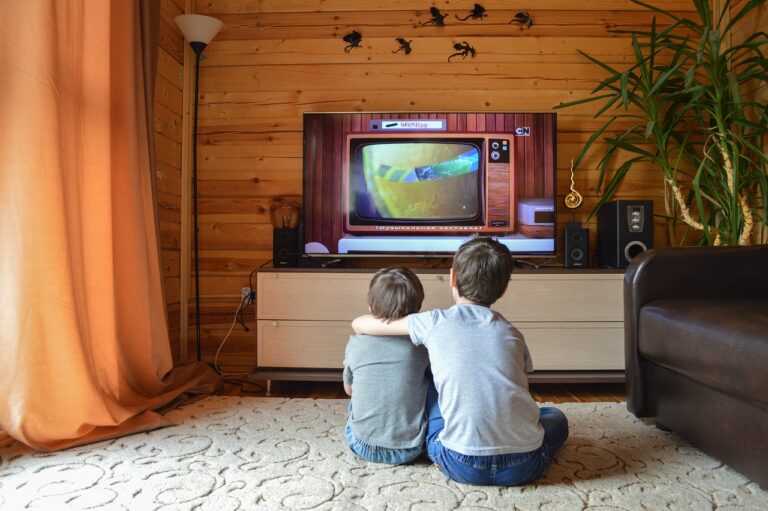Diversity and Inclusion in Hollywood: Progress and Challenges
Hollywood has a long-standing history marred by a lack of representation for diverse communities. For decades, the industry predominantly showcased stories and characters that reflected a narrow scope of perspectives, leaving many groups marginalized and underserved. This historical omission has not only led to a lack of authentic storytelling but has also perpetuated stereotypes and misconceptions about various cultures and identities.
The absence of representation in Hollywood has perpetuated systemic inequalities and hindered the progress towards a more inclusive and diverse entertainment landscape. Communities of color, LGBTQ+ individuals, and other underrepresented groups have often been relegated to stereotypical roles or left out of narratives altogether. As society becomes more aware and vocal about the importance of representation, the demand for authentic storytelling and diverse casting in film and television continues to grow.
Hollywood has a long-standing history marred by a lack of representation for diverse communities.
The industry predominantly showcased stories and characters that reflected a narrow scope of perspectives.
This historical omission has perpetuated stereotypes and misconceptions about various cultures and identities.
The absence of representation in Hollywood has perpetuated systemic inequalities and hindered progress towards inclusivity.
Communities of color, LGBTQ+ individuals, and other underrepresented groups have often been relegated to stereotypical roles or left out of narratives altogether.
Society is becoming more aware of the importance of representation in film and television, leading to a growing demand for authentic storytelling and diverse casting.
The Push for Diversity in Casting
Over the past few years, there has been a noticeable shift in Hollywood towards more diverse casting. This movement towards inclusivity has been fueled by a growing demand for representation from underrepresented groups in the entertainment industry. Viewers are increasingly calling for more authentic portrayals of characters that reflect the rich tapestry of society.
The push for diversity in casting has sparked important conversations about the need for equal opportunities for actors and actresses of all ethnicities, genders, and backgrounds. By casting a wider net and embracing diversity in storytelling, filmmakers have the chance to capture a wider audience and tell more nuanced and authentic stories that resonate with a global audience.
Challenges Faced by Underrepresented Groups
Underrepresented groups in Hollywood face numerous challenges when it comes to breaking into the industry. One major obstacle is the limited opportunities available for actors of diverse backgrounds to secure leading roles. Oftentimes, these roles are stereotypical or tokenistic, failing to showcase the true range of talent and experiences within these communities.
Additionally, underrepresented groups frequently encounter systemic discrimination during auditions and casting processes. Biases held by casting directors and producers can lead to exclusion from certain roles or the perpetuation of harmful stereotypes. This lack of diversity behind the scenes also contributes to the limited representation on screen, creating a cycle of underrepresentation that is difficult to break.
Why has Hollywood historically lacked representation of underrepresented groups?
Hollywood has historically lacked representation of underrepresented groups due to systemic biases and discrimination within the industry.
What is the push for diversity in casting?
The push for diversity in casting is a movement to ensure that underrepresented groups are accurately represented in film and television productions.
What are some of the challenges faced by underrepresented groups in Hollywood?
Some of the challenges faced by underrepresented groups in Hollywood include limited opportunities for roles, stereotyping, lack of representation behind the camera, and unequal pay.
How can the entertainment industry work towards better representation of underrepresented groups?
The entertainment industry can work towards better representation of underrepresented groups by actively seeking out diverse talent, eliminating stereotypes in casting, and creating inclusive environments on set.





